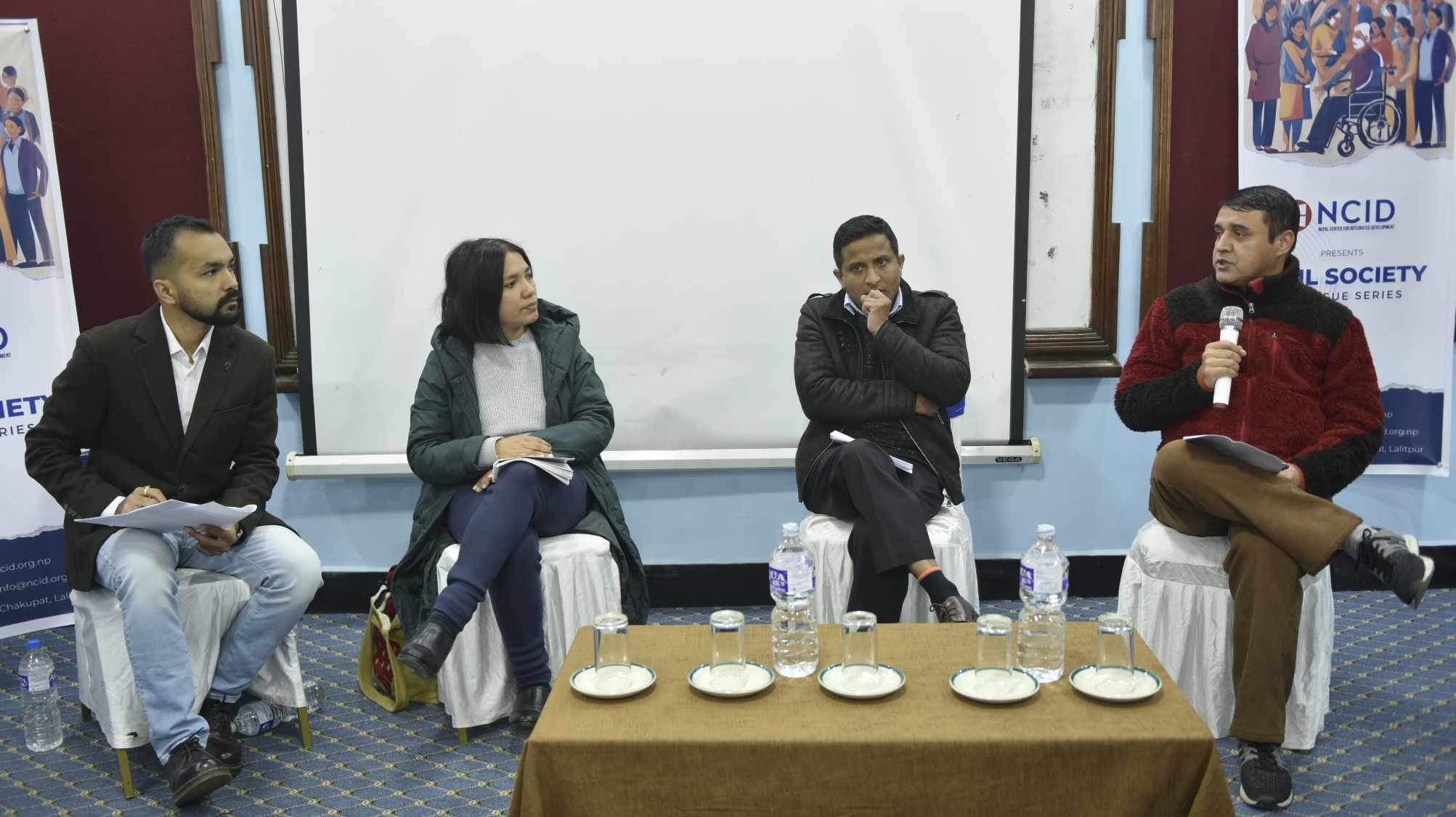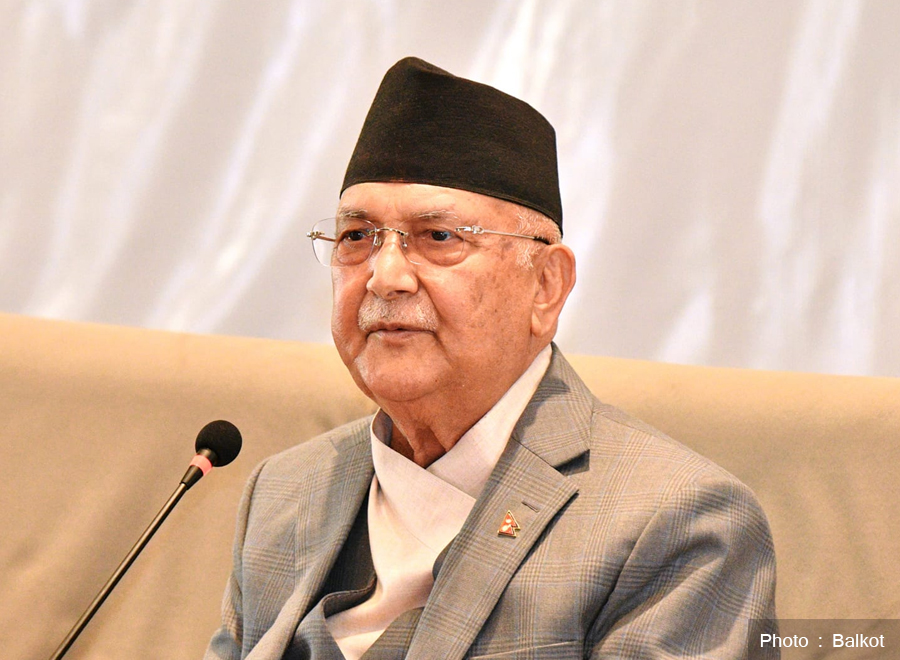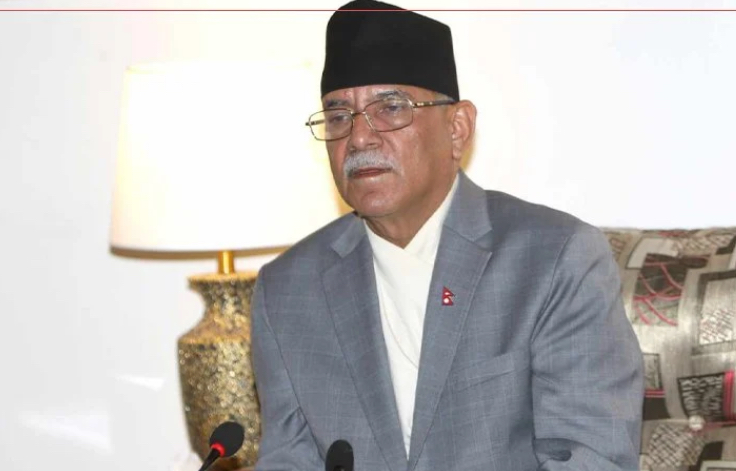Robust civic space is crucial for good governance and accountability, say experts

Academicians, political leaders, youth activists, and civil society representatives express concerns over the erosion of democratic principles and values and shrinking civic space
Kathmandu: Representatives from political parties, civil society organisations and media have said Nepal’s civic space has shrunk over the years due to excessive partisanship, and fear among intellectuals to raise questions against powerful politicians.
In an interactive discussion on “Accountability, Governance and Protection of Civic Space in Nepal” held in Kathmandu, participants highlighted the need for vibrant and functional civic space for the functional democracy and to hold public position holders accountable.
In the program, leader of Nepal Samajbadi Party Manushi Yami Bhattarai said that the erosion of civic spaces in the country is the result of excessive political partisanship that has resulted in the erosion of value of neutrality and obstructed civic engagement.
She further said lack of credible institutions have contributed to the rising level of public frustrations. “Vibrant civic space is required to enhance public trust in political system and to consolidate democracy.”
Ramesh Adhikari, a federalism and governance expert, said, “In comparison to other South Asian countries, our civic spaces are more open and vibrant. However, the situation overall cannot be deemed satisfactory.”
He further added that Nepalese civil society must remain vigilant, committed and proactive to hold political leaders accountable and make them answerable.
Siromani Dhungana, editor of Nepal Live Today, an English-language news portal, said that civil society resources have been significantly constrained due to economic slowdown and other reasons thereby limiting independent civic activities. As a result, the ability of civil society to have meaningful public discourse has shrunk drastically, he added.
Stating that Nepal’s core institutions that are supposed to deliver public service and ensure justice have been compromised, he added that powerful politicians, government representatives and bureaucrats have remained indifferent even to genuine grievances of the public. In any functional democracy, public grievances should be heard and political leaders should be accountable to the public, he added.
Pranav Bhattarai, a governance expert, said: “Nepal’s civic spaces have evolved over time. Post-federalism era, however, has witnessed diminished functionalities of our civic organisations. This may be because of the transition process to a federal system and structures.”
The session was moderated by Milan Jung Katuwal, a public policy student at the University of Delaware. The country’s civic participation mechanisms should be open for all in a functional democracy. And civil society organisations should ensure that voiceless people are not deprived of justice, he said.
The event was organized by Nepal Center for Integrated Development (NCID), a research and advocacy organisation based in Kathmandu.
Photo: Panelists of the discussion on ‘Accountability, Governance and Protection of Civic Space in Nepal’. In the photo (from left to right): Milan Jung Katwal, Manushi Yami Bhattarai, Siromani Dhungana, and Pranav Bhattarai.


















Facebook Comments